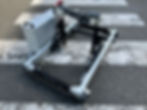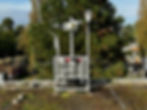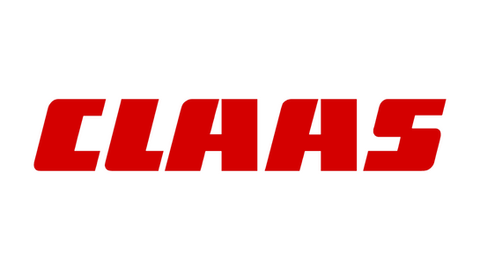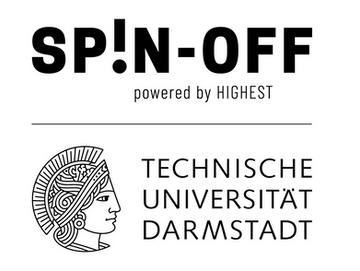
Let's start
Credible Sensor Simulation
Credible Simulation Roadmap
Substantially reduce your real-world testing effort with validated simulations
Talk to our expert!

Credible Simulation Packages
Our services enable efficient automation and physical AI
Requirements, Effects, Architecture
Base Performance, Weather, BRDFs
Model Development or Customization
Metrics, KPIs, Acceptance, Report
Requirements, Effects, Architecture
Metrics, KPIs, Acceptance, Reports
Requirements, Effects, Architecture
Model Development or Customization
Metrics, KPIs, Acceptance, Reports
Requirements, Effects, Architecture
Base Performance, Weather, BRDFs
Metrics, KPIs, Acceptance, Reports
Requirements, Effects, Architecture
Base Performance, Weather, BRDFs
Model Development or Customization
Metrics, KPIs, Acceptance, Reports
Sensor Models
Sensor models tailored to your use-case

Reusable with FMI packaging

Connect to any simulator

Efficient validation

Scalable with model types
Our Services
Measurements and 3D models for credible sensor simulation
Verification and Validation Software
How do you test your sensor models?
All Industries
We offer our products and services for all industries

Automotive

Construction

Drones

Farming

Mining

Rail

Our customers and partners
References
We weren’t sure if we could trust our lidar simulation models. To solve that issue, Persival performed an extensive series of sensor performance measurements for us, over 50,000 in just a few weeks, with extremely high precision. Each measurement came with high-accuracy reference data, exactly what we needed to re-simulate and validate our sensor models. This level of detail and accuracy is invaluable for building trust in sensor models, and it’s backed by the outstanding expertise of the Persival team across every aspect of sensor simulation.

Markus Franz Ziegler
Sensor Simulation Expert
DB InfraGo AG

























